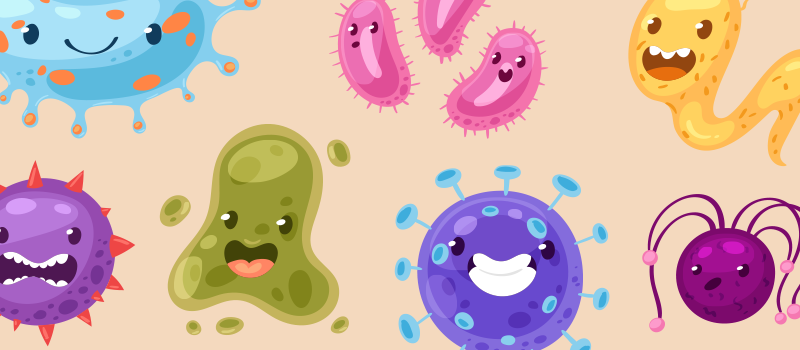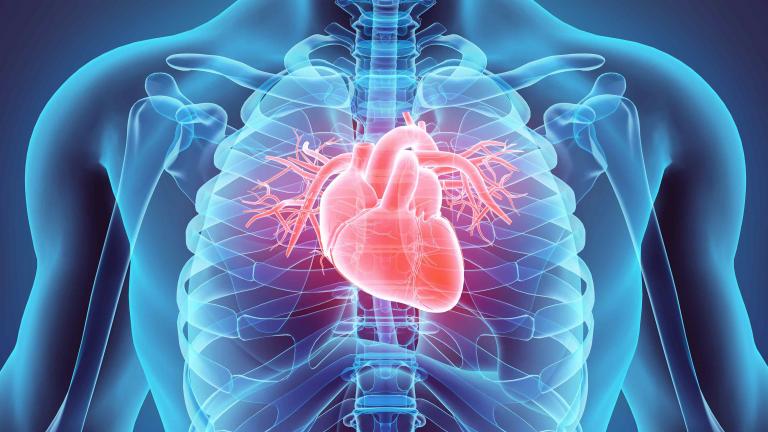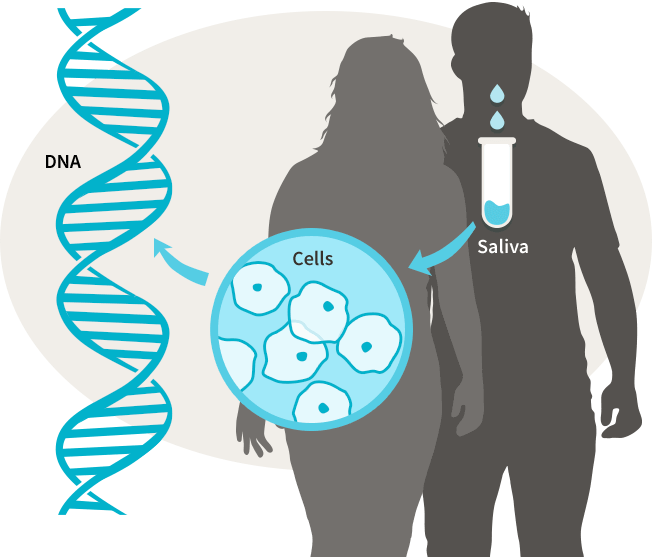
In today's fast-paced world, understanding common diseases and their risk factors is more crucial than ever. The prevalence of various health conditions in modern society highlights the importance of taking proactive steps to prevent and manage these illnesses. By educating ourselves about common diseases, we can make informed decisions about our health and well-being.
Common Diseases in Our Time
Cardiovascular Diseases
Cardiovascular diseases, including heart disease and stroke, are some of the leading causes of death worldwide. Risk factors for heart disease include high blood pressure, high cholesterol, smoking, diabetes, obesity, and a sedentary lifestyle. Making healthy lifestyle choices such as eating a balanced diet, exercising regularly, and quitting smoking can significantly reduce the risk of cardiovascular diseases. According to the World Health Organization, an estimated 17.9 million people die each year from cardiovascular diseases, making it a global health concern.

Diabetes
Diabetes is a chronic condition that affects how the body uses insulin to regulate blood sugar levels. There are several types of diabetes, with type 2 diabetes being the most common. Risk factors for diabetes include genetics, obesity, lack of physical activity, and poor diet. Early detection and management of diabetes are crucial in preventing complications such as heart disease, kidney failure, and nerve damage. By maintaining a healthy weight, eating a balanced diet, and staying active, individuals can better manage their diabetes and improve their overall health.
Cancer
Cancer is a complex disease characterized by the uncontrolled growth of abnormal cells in the body. There are various types of cancer, each with its own set of risk factors and symptoms. Genetics, environmental factors, and lifestyle choices can all influence an individual's risk of developing cancer. Regular screenings and early detection play a critical role in improving cancer outcomes. By raising awareness about preventive measures and advocating for healthy living, we can reduce the burden of cancer in our communities.

Respiratory Diseases
Respiratory diseases, such as asthma and chronic obstructive pulmonary disease (COPD), can significantly impact an individual's quality of life. Factors such as air pollution, smoking, and occupational hazards can contribute to the development of respiratory conditions. Maintaining healthy lungs through proper ventilation, avoiding smoke exposure, and staying active can help reduce the risk of respiratory diseases. By taking proactive steps to protect our respiratory health, we can breathe easier and enjoy a better quality of life.
Risk Factors for Common Diseases
Genetics
Genetics can play a significant role in predisposing individuals to certain diseases. Advances in genetic testing have made it easier to assess an individual's risk of developing certain conditions based on their genetic makeup. By understanding our genetic predispositions, we can take proactive measures to reduce the risk of inherited diseases and make informed decisions about our health.

Lifestyle Choices
The lifestyle choices we make on a daily basis can have a profound impact on our health and well-being. Eating a balanced diet, engaging in regular physical activity, and managing stress effectively are all crucial components of a healthy lifestyle. By making healthier choices, such as choosing whole foods over processed ones and incorporating exercise into our daily routine, we can lower our risk of developing common diseases.
Environmental Factors
Environmental factors, such as pollution, toxins, and other contaminants, can also influence disease development. By advocating for environmental awareness and taking steps to reduce our exposure to harmful substances, we can protect our health and the health of future generations. Simple actions, such as reducing plastic waste, limiting pesticide use, and supporting clean air initiatives, can make a significant difference in preventing diseases related to environmental factors.

Prevention and Management Strategies
Healthy Diet
A healthy diet rich in fruits, vegetables, whole grains, and lean proteins is essential for preventing diseases and maintaining overall health. By incorporating nutrient-dense foods into our meals and minimizing processed and sugary foods, we can support our immune system and reduce the risk of chronic conditions. Eating mindfully and paying attention to portion sizes can also help us maintain a healthy weight and prevent obesity-related diseases.
Regular Exercise
Physical activity is a cornerstone of good health, with numerous benefits for both the body and mind. Regular exercise can help prevent heart disease, diabetes, cancer, and other chronic conditions by improving cardiovascular health, boosting metabolism, and reducing stress. Finding activities that we enjoy, such as walking, cycling, or yoga, can make exercise more enjoyable and sustainable in the long run.

Stress Management
Chronic stress can have a significant impact on our physical and mental health, increasing the risk of various diseases. By incorporating stress management techniques, such as mindfulness meditation, deep breathing exercises, and yoga, into our daily routine, we can better cope with stress and reduce its harmful effects on our well-being. Taking breaks, practicing self-care, and seeking support from loved ones can also help us manage stress more effectively.
Conclusion
In conclusion, educating ourselves about common diseases and their risk factors is essential for maintaining good health and well-being. By making informed decisions about our lifestyle choices, advocating for environmental awareness, and taking preventive measures, we can lower our risk of developing chronic conditions and lead healthier lives. It's never too late to start prioritizing our health, and every small step we take towards better health today can have a lasting impact on our future well-being. Let's commit to taking care of ourselves and each other, one healthy choice at a time.
Remember, your health is your most valuable asset – take care of it!

FAQs
Q: What are some common risk factors for cardiovascular diseases?
A: Common risk factors for cardiovascular diseases include high blood pressure, high cholesterol, smoking, diabetes, obesity, and a sedentary lifestyle.
Q: How can genetics influence the development of certain diseases?
A: Genetics can play a significant role in predisposing individuals to certain diseases. Understanding our genetic predispositions can help us take proactive measures to reduce the risk of inherited diseases.
Q: What are some preventive strategies for managing diabetes?
A: Preventive strategies for managing diabetes include maintaining a healthy weight, eating a balanced diet, staying physically active, and monitoring blood sugar levels regularly.
Q: How can regular exercise help prevent chronic diseases?
A: Regular exercise can help prevent chronic diseases by improving cardiovascular health, boosting metabolism, and reducing stress levels. It can also help maintain a healthy weight and enhance overall well-being.
Q: What are some environmental factors that can influence disease development?
A: Environmental factors such as pollution, toxins, and contaminants can influence disease development. Taking steps to reduce exposure to harmful substances and supporting clean air initiatives can help protect our health.
Q: What role does stress management play in preventing diseases?
A: Stress management techniques such as mindfulness meditation, deep breathing exercises, and yoga can help reduce the harmful effects of chronic stress on our physical and mental health. Managing stress effectively is essential for disease prevention.


0 Comments